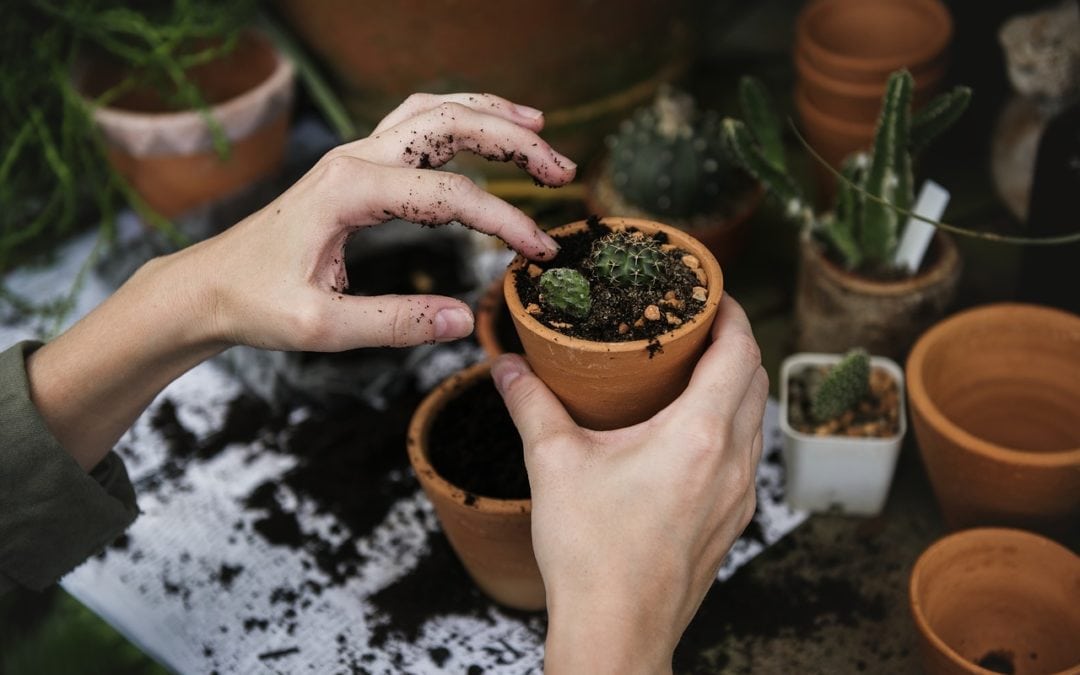It’s Pet Poison Prevention Month, and we have some tips to keep your pets safe from the seemingly normal things that can harm them. Today, we’re going to talk about your garden! Your garden may be full of things that can be quite toxic to your pet if they ingest it. Please remember that if something does happen, we’re here for your pet 24 hours a day, 7 days a week. When things go wrong after hours, it’s good to know where to go. Animal Medical Center of Wyoming is here when you and your pet need us most. When accidents happen, please call us immediately at 307-682-1507.
If you have any of these items at home, please be sure to keep your pet away from them.
1. Pesticides and insecticides – Watch for pesticides or insecticides that contain organophosphates, which are often found in systemic rose care products. Ingestion of even a small amount of a product containing this chemical can be life-threatening for your pet.
2. Cocoa mulch – Made of discarded cocoa bean shells, cocoa mulch has a tempting chocolate-like smell that can attract dogs. Because the discarded shells are the byproducts of chocolate production, they can contain theobromine and caffeine, the two ingredients in chocolate that are harmful to dogs. If your dog consumes a mulch variety with higher levels of the toxins, he could experience diarrhea, vomiting, hyperactivity, an abnormal heart rhythm, seizures, and even death.
3. Compost – Composting is good for the environment, but not so good for your pet. As the organic matter in compost decomposes, molds will grow, some of which produce tremorgenic mycotoxins. If your pet gets into moldy compost, he might experience panting, agitation, drooling, vomiting, tremors, and seizures.
4. Meal-based fertilizers – Most fertilizers won’t harm your pets, but those containing bone meal, blood meal, or feather meal can be tempting to dogs and can cause problems when ingested. If too much is consumed, a concentration in the stomach can form, potentially obstructing the gastrointestinal tract and causing pancreatitis.
5. Slug and snail baits – Are slugs and snails a problem in your yard? If you have a pet, avoid the use of slug and snail baits that contain metaldehyde, a chemical that is highly poisonous to dogs and cats. If your pet ingests metaldehyde, you’ll notice restlessness, salivation, seizures, tremors, vomiting, and a high fever that can result in death.
And, of course, some of the most common outdoor toxins for our pets are flowers and plants. Not sure about some of the plants in your yard? Check out this list of toxic and non-toxic plants from the ASPCA.
If you have any questions at all, the Animal Medical Center of Wyoming is here to help.


